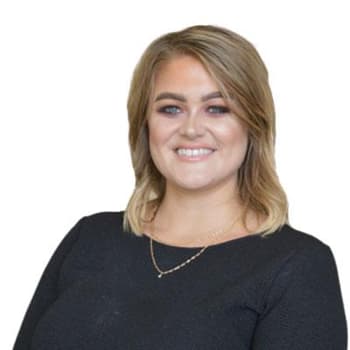Treatment options for schizoaffective disorder include medications, psychotherapy and life skills training. Hospitalization may also be needed under some circumstances.
People who live withschizoaffective disordertypically respond best to a combination of treatment options, including medications, psychotherapy and life skills training. The type of schizoaffective disorder the person has, as well as the level of their symptoms, will determine the approach to treatment that is best for the patient.Inpatient careor hospitalization may be needed under some circumstances. While there is no cure for the disorder, long-term treatment can help manage the symptoms.
Schizoaffective Disorder Medications
When a mental health professional is selecting the best medication to treat a patient’s schizoaffective disorder, they may consider whether or not depressive or manic subtype is present. In the depressive subtype, combinations of antidepressants in addition to an antipsychotic can be used. For people with manic subtype, a combination of mood stabilizers and an antipsychotic may be used.
Antidepressants
Antidepressantsare generally prescribed when the depressive type Schizoaffective disorder is present. These medications can help with the symptoms of depression at any level. Depending on the antidepressant prescribed, the medication may have to be used for several weeks before efficacy can be determined.
Antipsychotics
Because schizoaffective disorder causes thepsychotic symptomsof schizophrenia, like hallucinations and delusions, patients usually benefit from takingantipsychotic medications. These drugs are useful in managing and reducing symptoms. However, most patients also need medications to control mood episodes or depressive symptoms on top of the antipsychotics.
New Year, New Beginnings.
Whether you are struggling with addiction, mental health or both, our expert team is here to guide you every step of the way. Don’t wait— reach out today to take the first step toward taking control of your life.
Mood Stabilizers
Mood stabilizersare usually only prescribed for those patients who have been diagnosed with bipolar type. These help reduce the mood swings that a patient may experience between depression and mania.
Psychotherapy for Schizoaffective Disorder
Because medication alone is not enough to effectively manage schizoaffective disorder, therapy is also a crucial component of treatment. There are many differenttypes of therapyavailable, though behavioral therapies are commonly used.
Individual Therapy
Cognitive behavior therapyhelps a patient learn to recognize and change their negative thought and behavior patterns. Behavior therapies help patients develop healthy coping skills, make goals, relate more effectively to others, improve relationships and help manage and live with schizoaffective disorder.
Family or Group Therapy
Family orgroup therapiescan be useful for people with schizoaffective disorder. Patients often rely on family members for support, so involving them in therapy is usually effective. Family therapy and education help teach families more about the condition and how to support their loved one who lives with this illness.
Skills Training
Improving communication and social interactions can help someone with schizoaffective disorder live a better life. Developing the ability to participate in daily activities and learn new skills specific to common settings like the home or workplace can be practiced in this facility.
Treating Schizoaffective and Co-Occurring Conditions
Someone who has been diagnosed with schizoaffective disorder may also have co-occurring conditions, including othermental illnessesorsubstance use disorders. Other mental illnesses may be a result of medication from a previous misdiagnosis, trauma or maybe the underlying cause to the schizoaffective disorder. Also, a patient may gain a substance abuse disorder while attempting to self-medicate withalcoholordrugsto suppress their symptoms.
Addressing all of a patient’s health concerns, both physical and mental, is an important part of effective treatment and improving quality of life.
Living with schizoaffective disorder can cause serious challenges in someone’s personal and professional life. However, with an accurate diagnosis and commitment to a treatment plan, someone can improve their experience.
If you or someone you know is struggling with a substance use and co-occurring disorder likeschizoaffective disorder, help is available. At The Recovery Village, a team of professionals can design an individualized treatment plan for substance use and co-occurring disorders. To learn more about which program could work for you,call The Recovery Villagetoday to speak with a representative.



